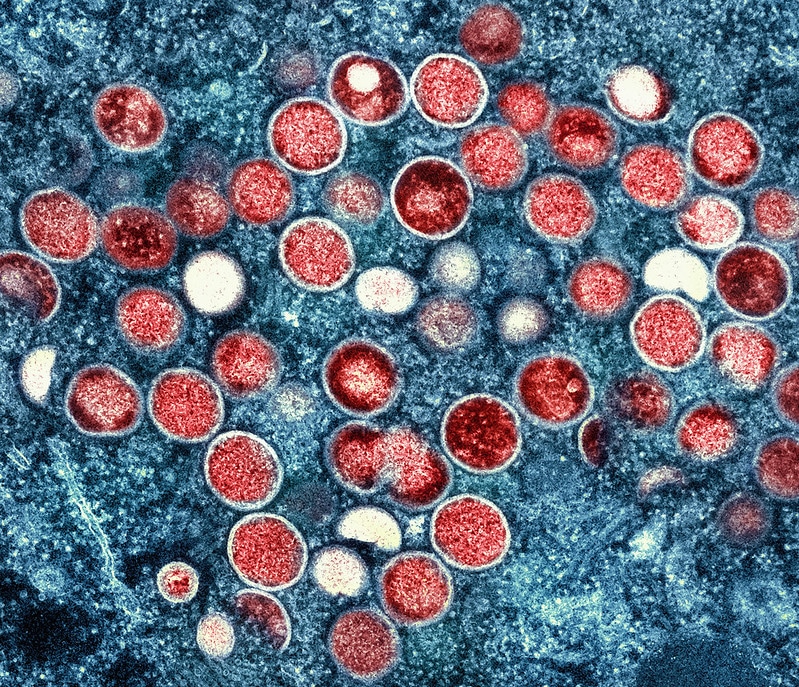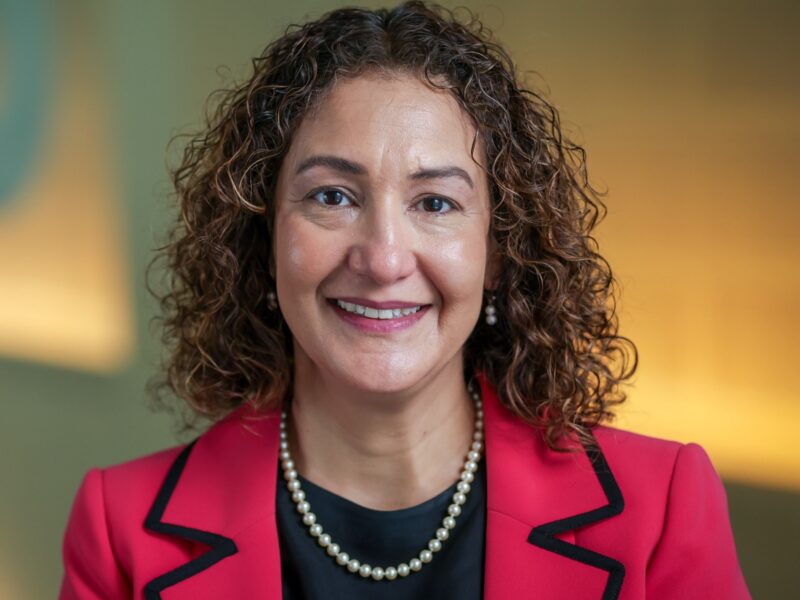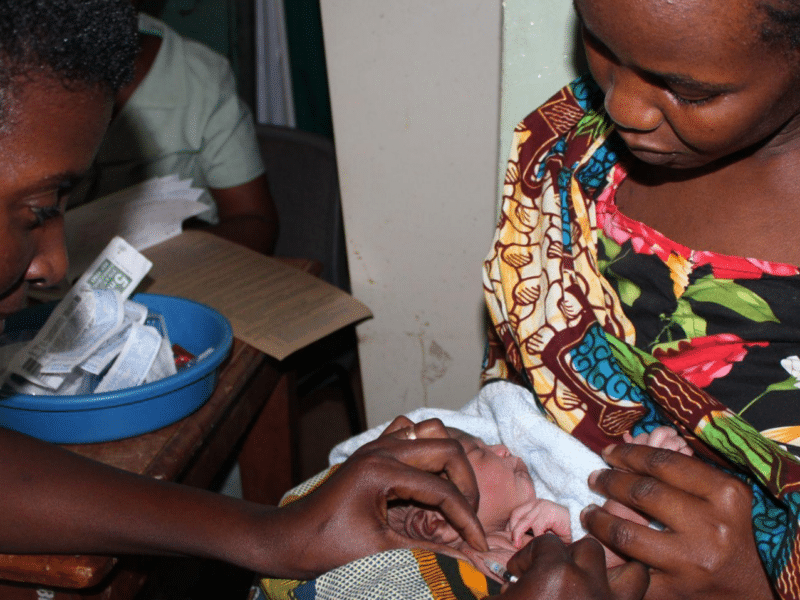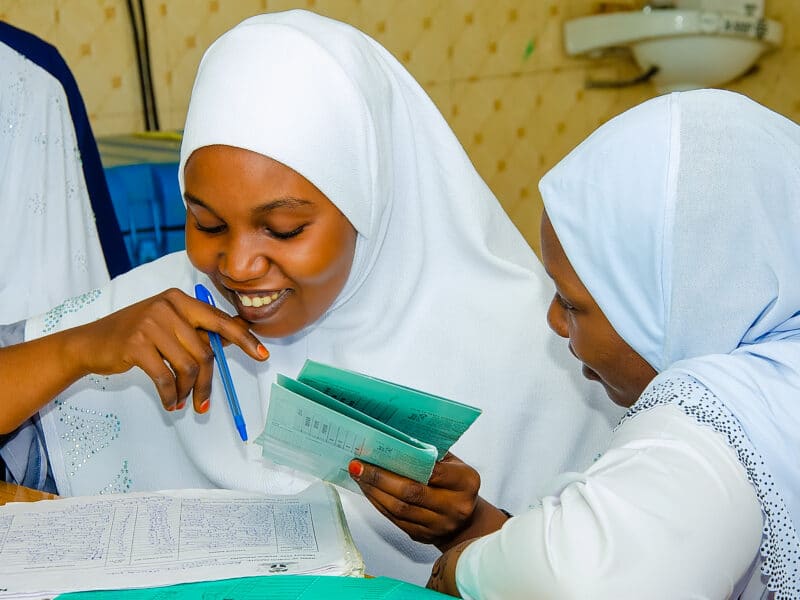With cases spreading throughout the world, USAID’s Global Health and Security Agenda has awarded $725,000 to the Johns Hopkins Center for Communication Programs to work on monkeypox prevention in four countries: the Democratic Republic of Congo, Nigeria, Ghana and Cameroon.
This marks the first time that CCP has received special funds to address monkeypox, prompted by the ongoing multi-country outbreak and the declaration by the World Health Organization of monkeypox as a public health emergency of international concern.
Until this year, monkeypox was mostly limited to periodic spillovers in the areas of Western and Central Africa where the virus is endemic. Now it has gone global. As of Aug. 31, there have been 51,257 cases in the world, with the large majority reported in countries that have not historically reported monkeypox. Of the 99 countries where monkeypox has been identified this year, just seven are from countries where the disease has been a longer-term concern.
Monkeypox doesn’t kill many people, but its telltale rash, with other symptoms, can be debilitating and last up to a month, according to the U.S. Centers for Disease Control and Prevention.
Before this year’s outbreak, CCP’s Breakthrough ACTION project had already been working in a number of countries to strengthen risk communication and community engagement capacity for preparedness and response for certain zoonotic diseases – those that spread from animals to humans and back. Breakthrough ACTION has done some work on monkeypox in pockets of Africa.
In Sierra Leone, Breakthrough ACTION has developed a full compendium of monkeypox messages just for situations like the current outbreak. These are foundational messages that can be quickly adapted to respond to concerns, feedback and changing circumstances, as well as support increased awareness and knowledge in times of non-emergency. Breakthrough ACTION’s team in Liberia is currently working on similar messages.
In Nigeria, Breakthrough ACTION has been focused more on communicating risk around Lassa fever, yellow fever and rabies in recent years. “The funding for monkeypox allows us to do more to ensure everyone understands the risk of the disease and take preventive actions to save not just themselves but everyone,” says Olayinka Umar-Farouk, deputy project director for risk communication for Breakthrough ACTION-Nigeria.





